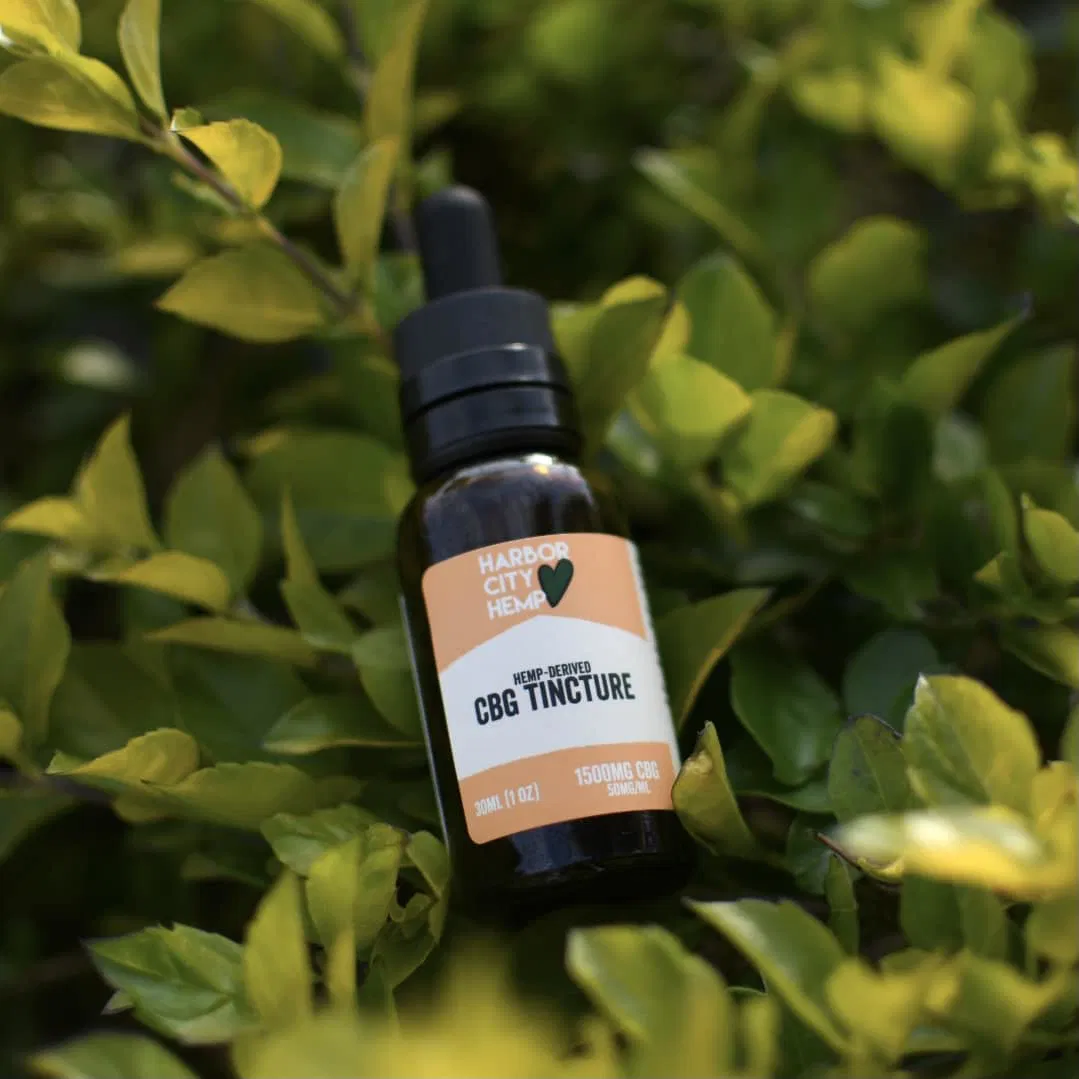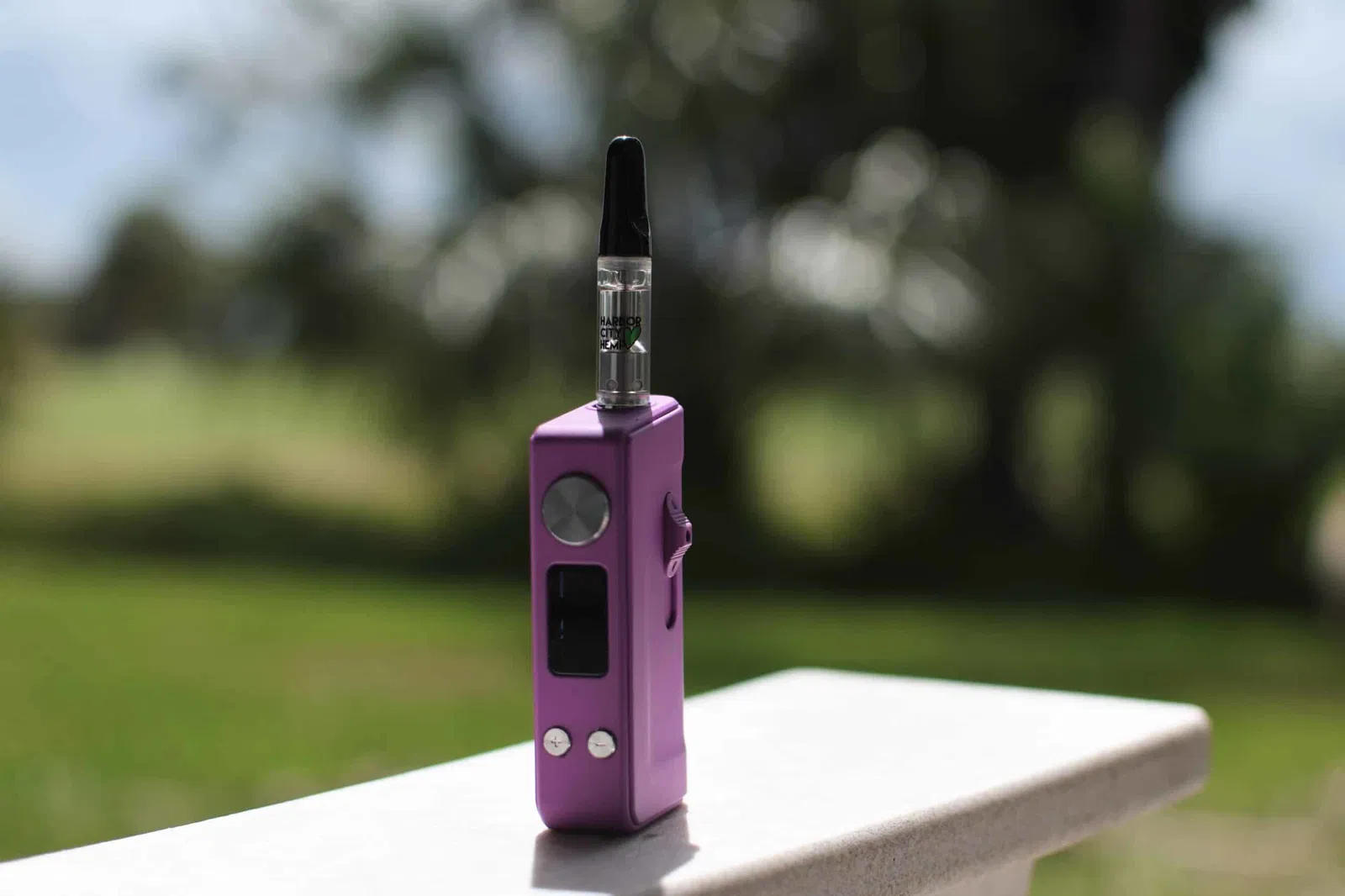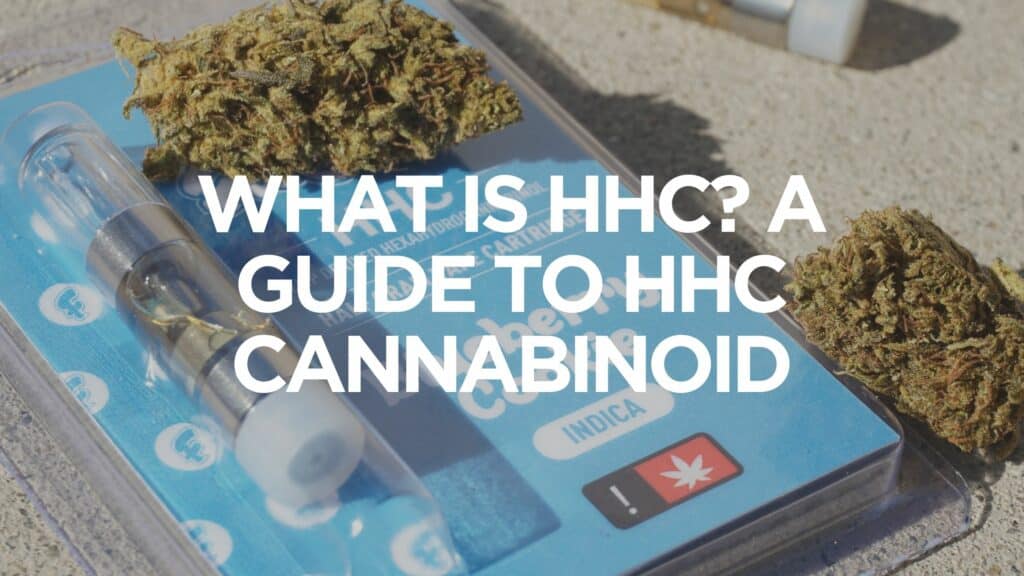What is HHC? Hexahydrocannabinol, more commonly abbreviated to HHC, is a hydrogenated version of the cannabinoid THC found in cannabis in its natural state. When chemically hydrogenated from THC, HHC is likewise considered a semi-synthetic variety.
It is believed to be approximately 70–80% as potent as THC, which indicates that it is more powerful than Delta 8 and Delta 10. The euphoric effects of low to moderate doses of HHC are comparable to those of THC, but it also possesses properties of relaxation and sedation similar to those of Delta 8.
Understanding HHC can be challenging because it’s a relatively new chemical on the market. We will break everything down for you here in this article.
HHC Cannabinoid – An Overview
Hexahydrocannabinol, often known as HHC, is a hydrogenated version of THC.
It is produced via a method known as hydrogenation, which involves adding hydrogen atoms to the chemical structure to make it stable.
This destroys the double bond chemical structure of THC, replacing it with hydrogen while maintaining the strength and effects of the cannabinoid. Scientists have identified at least eleven isomers of this hydrogenated THC.
The slight modification increases THC’s propensity for binding to TRP pain receptors and cannabinoid receptors CB1 and CB2.
What’s more intriguing is that THC’s molecular structure is strengthened by hydrogenation, making it less susceptible to oxidation and degradation. As a result, it doesn’t lose potency as quickly as THC does when exposed to environmental elements like light, heat, and air.
So, if you’re a prepper for the end of the world, you might preserve some of that HHC to keep yourself going when things are tough.
How Is HHC Produced?
Let’s get down to some chemistry, and we promise it’ll be the enjoyable, hemp-based kind!
As previously explained, HHC is created by attaching a hydrogen atom to a THC molecule through hydrogenation. The hydrogenation process is a standard industrial process in which hydrogen (H2) is added to organic compounds containing unsaturated double bonds to produce saturated compounds.
Compared to the unsaturated starting material, the saturated product exhibits enhanced oxidative stability. In everyday life, unsaturated fats in vegetable oil are often hydrogenated as shortening to make shelf-stable baked goods and margarine.
Currently, CBD is the preferred cannabinoid for making HHC. However, like many cannabinoids, HHC cannot be synthesized in the home as turning CBD into HHC is a little complex.
The majority of hemp laboratories use proprietary procedures to produce their HHC.
Specialized lab tools and potentially hazardous chemicals are needed for this. For large-scale HHC production, “explosion-proof” labs with grounded equipment are required.
HHC emerges as a heavy, golden oil. From that unprocessed state, it can be purified and used in various goods, such as HHC vapes.
Is HHC Safe?
When looking at safe alternatives to Delta 9 THC, one of the most crucial things to consider is the safety of any new cannabinoid. Unfortunately, due to HHC’s recent development, little is known regarding its safe dosage, potential adverse effects, or other potential problems.
Additionally, there are no regulations for purity or potency regarding HHC for adult usage. Therefore, the best course of action is to buy HHC products with their ingredients tested by a third party before using them in a vape or edible.
These independent laboratories check the quality and potency of HHC products. This third-party reporting is frequently included on the product label or the manufacturer’s website.
What Is the Legal Status of HHC?
Congress made hemp and all of its derivatives legal under the 2018 Farm Bill, provided that neither the plant nor anything made from it contains more than 0.3 percent Delta 9 THC.
Despite the fact that HHC occurs naturally in the cannabis plant, commercial HHC is produced by hydrogenating cannabinoids from hemp under pressure with a palladium-based catalyst. The outcome is a “semi-synthetic” cannabis molecule by researchers at the National Cannabis Industry Association.
The 9th United States Circuit Court of Appeals approved in May 2022 that Delta 8 THC was permissible under the Farm Bill’s definition of hemp and that all other hemp-related chemicals and derivatives are also acceptable as long as they don’t exceed the permissible limit of 0.3 percent Delta 9 THC. Accordingly, HHC is now a recognized hemp product, offering protection to those who produce and sell it (as well as Delta 8 and Delta 10 THC, THC-O, and THC-P). However, some legal professionals point out that other federal courts may come to a different result.
Nonetheless, some states have decided to outlaw HHC officially. This is probably the case if HHC gains enough traction to threaten cannabis sales, as with Delta 8 THC.
Where Can HHC Products Be Found?
You can find the closest distilleries that sell HHC products by doing a simple Google search. Our website also offers HHC gummies and other THC alternatives.
You can find a range of HHC products, including distillates (Harbor City Hemp HHC Distillate), HHC gummies, and vape cartridges (Harbor City Hemp HHC CDT Cartridge – CO₂ Extracted Terpenes) at the Harbor City Hemp website.
HHC Vs. THC – How Are They Different?
HHC’s effect profile is comparable to that of THC’s in terms of the psychoactive feeling it causes. You will experience feelings of exhilaration, changes in your visual and auditory perception, an increase in appetite, and a transient rise in your heart rate.
Some consumers of HHC place it somewhere between Delta 8 and Delta 9 THC, describing it as more soothing than exciting.
Cannabinoid HHC has the same chemical structure as THC, which implies it shares many of the same physiological and medicinal benefits as THC. However, little research has been conducted on HHC to study its potential use in medicine.
The cannabinoid beta-HHC showed exceptional painkilling properties in a rat study, but additional research is required to determine the entire range of its advantages.
HHC vs. CBN: What’s the Difference?
Despite both stemming from the breakdown and degradation of THC, the cannabinoids HHC and CBN couldn’t be more different.
While CBN has two additional double bonds on its chemical structure, HHC is essentially the same as THC, except that hydrogen atoms have replaced its double bond.
Because it is more effective at attaching to CB1 receptors, HHC produces a potent euphoric high in the user. Unfortunately, CBN has a significantly lower binding affinity with CB1 receptors, making it less euphoric.
What Are HHC’s Effects?
The well-known THC “high” remains the same but milder when converted to HHC. Some users report a sensory increase similar to the one they experience from THC, including tingling in their limbs and alterations to their hearing and vision. HHC’s psychoactive effects take longer than THC’s to become apparent. On the other hand, taking HHC makes these benefits stay longer.
HHC has more impact on conditions like pain and inflammation than THC. The same is true of its potent anti-tumor capabilities, which outperform THC’s. These findings are encouraging for their potential use in medicine even though other effects are not yet known.
Does HHC Have Medical Use?
There isn’t a lot of solid study on HHC’s possible medical applications right now. However, given that HHC and Delta 8 THC are similar, we can draw a few conclusions about the potential applications for this novel cannabinoid.
Fans of HHC have already noted that it improves mood, which is a quality of most THC-adjacent items. This implies that it might be an essential part of reducing depression or even mood disorders in the future.
HHC also increases appetite. Medical marijuana has already demonstrated excellent effects for increasing appetite, and HHC might soon play a similar purpose.
Regarding pain relief, HHC hasn’t been studied. HHC isn’t yet used widely enough to test out its potential for pain treatment and sleep aids, although THC, CBD, and other cannabinoids have a solid reputation in this domain.
What Is the Best Dose of HHC for Best Results?
The ideal dose of any psychoactive substance depends on various factors, including one’s level of tolerance, age, weight, metabolism, and prior experiences.
If you have never tried HHC, you may not know your tolerance level. However, as a general guideline, you should consider this cannabinoid to fall somewhere between the sedative effects of Delta 8 THC and the psychoactive effects of Delta 9 THC.
The most effective strategy for determining how much HHC is appropriate for you is to speak with your doctor. But, you can begin with a somewhat low dose and then gradually raise it until your body responds the way you want it to.
An example of Delta 8 THC dosing is as follows:
- Low dose: between 10 to 20 mg per serving
- Medium dose: Between 20 and 50 mg per serving
- Large dose: Between 50 and 100 mg per serving
If you have never smoked or vaped high-THC cannabis (marijuana), you can start vaping HHC carts by adding 5 mg to both the low and high end of the Delta 8 dosages. For new users, this is the recommended starting point.
If, on the other hand, you are an experienced user of either of these substances, taking a dose of HHC comparable to your previous experience or slightly higher could be a reasonable starting point for you. Once more, knowing your tolerance is vital when deciding the dosage that is best for you.
Last but not least, microdosing involves starting with a very low dose (1-2 mg) to maintain a threshold effect (the edge between not feeling the psychotropic effects and feeling them) but also gaining a steady cognitive boost.
What Are the Side Effects of HHC?
HHC is similar to other recently found cannabinoids in that there is a lack of study into its safety and side effects; most of the information available regarding its safety profile comes from speculations.
According to the HHC research conducted so far, it appears that HHC has a risk and safety profile equivalent to that of THC. Users who took high dosages of THC reported having similar negative experiences.
If you take too much HHC, you may experience the following symptoms:
- Anxiety
- Dizziness
- Dry mouth
- Increased appetite
- Insomnia
- Paranoia
- Rapid heart rate
- Red eyes
Why Choose HHC?
Hemp-derived CBD and other cannabinoids are used for many purposes. HHC is yet another risk-free product that may help produce effects matching those in the traditional cannabis plant. The benefit of hexahydrocannabinol derives from its remarkable low-intensity level.
So even while you might require more of it to get the effects, it gives you more control over how you feel.
Compared to the potency of THC or even Delta 8, the HHC cannabinoid is a more mild alternative. However, anecdotal data suggests that HHC can, in very high doses, mimic the effects of THC or even Delta 8.
High CBD, Delta 8, or Delta 9 THC concentrations may have sedative effects, whereas HHC can stimulate energy. People who use HHC report experiencing a slight decrease in pain and an increase in mental clarity.
Currently, HHC is commonly prepared as oil or stuffed into a disposable vape or a vape cartridge (like Harbor City Hemp HHC BDT Cartridge). However, when used correctly, these products have immediate, powerful benefits!
Harbor City Hemp Discount Program
At Harbor City Hemp, we are pleased to inform you that all promotional products are currently discounted by up to 30%. Our mission is to ensure that the local community and customers across the country have access to high-quality and affordable hemp products.
We encourage you to visit the Harbor City Hemp website and fill out our discount form to see if you are eligible for the Harbor City Hemp Discount Program. If you have any more inquiries, please don’t hesitate to get in touch. We are happy to help you whenever you need it.
Final Thoughts on HHC
One of the newest hemp-derived cannabinoids known as HHC is the newest cannabinoid to make headlines in the legal cannabis market. Its distinctive molecular composition has a lot of potential for the legal market. HHC is still shrouded in mystery, but here is a quick synopsis of what we do know about it:
- Its concentration in the hemp plant is small, but HHC is a naturally-occurring compound.
- A combination of high pressure and a catalyst is used to extract it from hemp.
- Chemically, HHC is more stable than THC and is more resistant to heat, light, and air, with a much longer shelf-life
- HHC’s legal status is unclear because of the chemical processes required to extract it.
- A standard THC test may not detect HHC, but this is primarily anecdotal evidence.
If you choose to experiment with HHC or any other substance for which insufficient information is available, it is always wise to stay on the side of caution. Although we reap the benefits of each new cannabinoid introduced, these benefits are always different from one another.
It’s too soon to say if HHC will turn out to be more than simply a one-hit wonder, but the possibilities are promising.
FAQ
Does HHC get you high?
The quick response is yes. Like THC, HHC causes many users to feel good after taking it. But not in the same way as marijuana’s Delta 9 THC would. This results in a milder version of the high one would get from THC.
Is HHC strong?
When HHC is produced chemically by hydrogenating THC, it is likewise regarded as semi-synthetic. It is said to have a potency of between 70 and 80 percent of that of THC, making it more potent than Delta 8 but not as potent as THC.
How does HHC make you feel?
Users report feeling euphoric and elevated. As a whole, it’s a very soothing experience. You can enjoy it in the morning or at night, depending on your mood. Some users also report sensory changes similar to those they experience with THC, such as tingling in their limbs and changes in their hearing and vision.
Is HHC harmful?
In the current state of research, there is no evidence that HHC is any less safe than THC. Since it is a hydrogenated version of THC, it is remarkably similar to THC. Future studies will likely confirm that HHC is equally as risk-free as THC.




